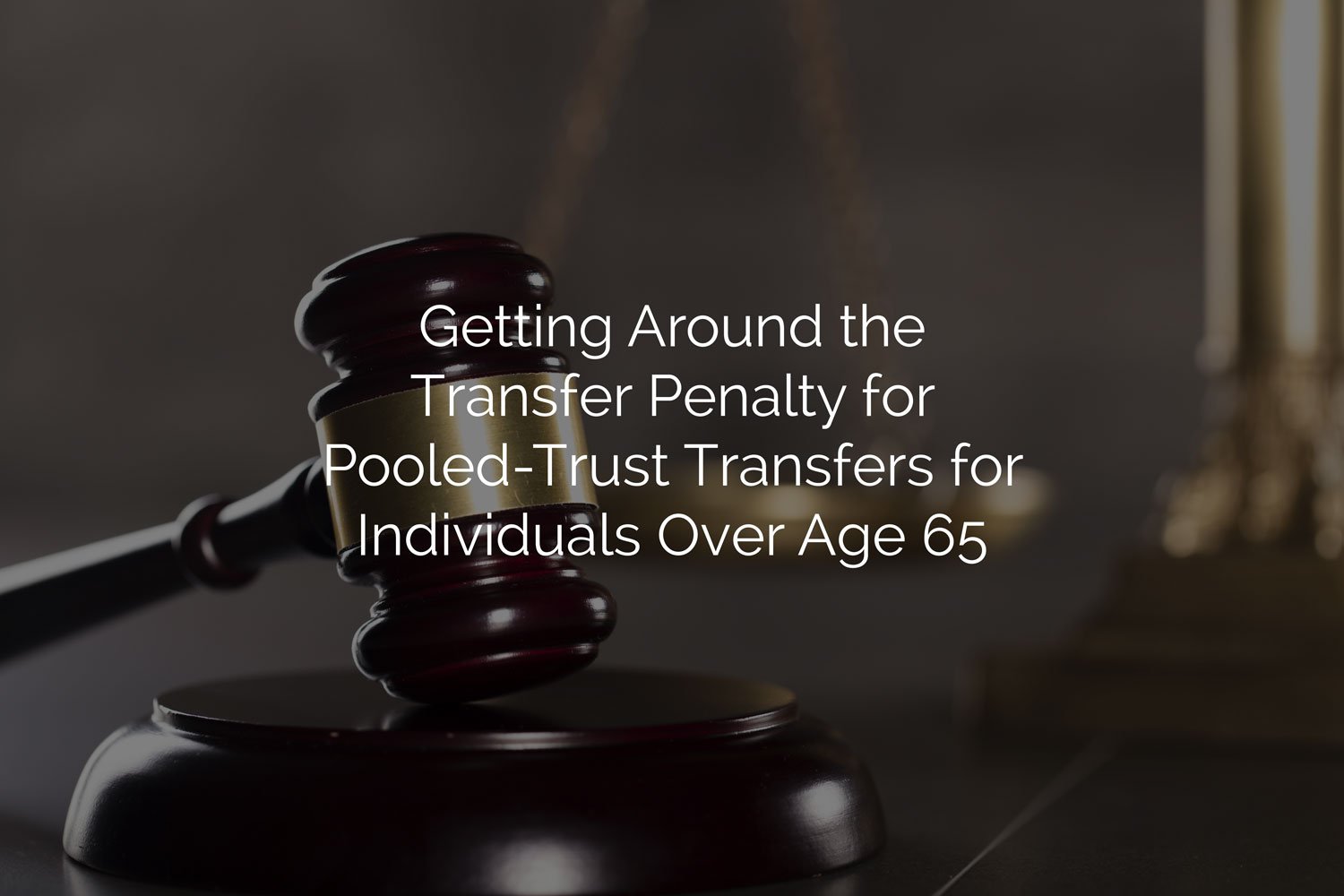
Social Security Disability Insurance (SSDI) is a program that is overseen by the Social Security Administration (SSA). SSDI is funded through payroll taxes, and a recipient is considered “insured” because that individual has a certain amount of work credits to receive benefits. Those work credits are earned by working for a certain number of years and paying into the Social Security trust fund via taxes paid.
After establishing the onset of a total disability, there is a five-month waiting period before the insured individual can receive SSDI benefits. However, there are a few exceptions to this waiting period. The first exception is for benefits for dependents of the disabled individual.
The second exception is for folks who are reinstating prior SSDI benefits. Meaning, the individual received benefits in the past but then went back to work and stopped receiving benefits. If benefits were once again needed due to the same disability, there wouldn’t be the five-month waiting period and the entire application process would not have to be redone.



